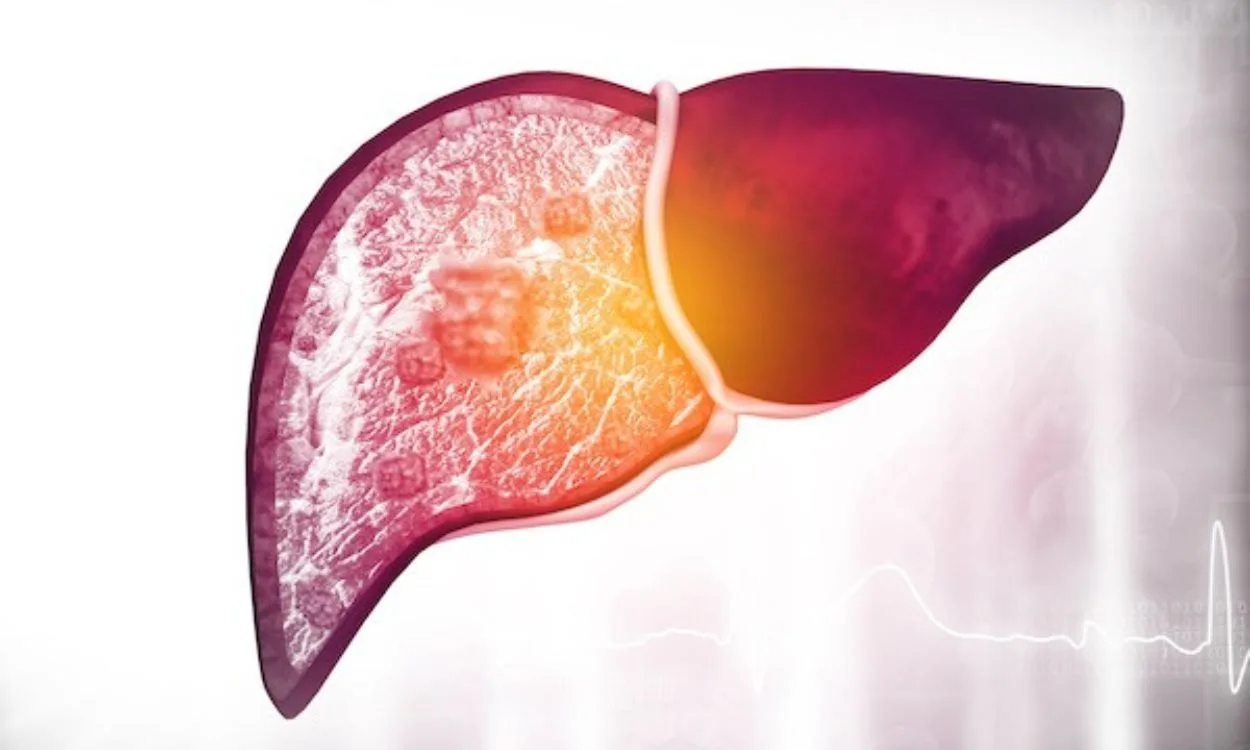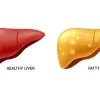Can Fatty Liver Be Detected Through Blood Tests?
Understanding Fatty Liver
- Fatty liver, also known as hepatic steatosis, is a condition characterized by the accumulation of fat in liver cells.
- It can be caused by alcohol consumption (alcoholic fatty liver disease) or non-alcoholic factors such as obesity, insulin resistance, high blood sugar, and high levels of fats in the blood.
Symptoms and Implications
- Fatty liver often presents with no symptoms in its early stages, but as it progresses, symptoms like fatigue, weight loss, and abdominal discomfort may appear.
- If left untreated, fatty liver can lead to more serious conditions such as liver inflammation, scarring (cirrhosis), and even liver failure.
Diagnosis through Blood Tests
- Liver Function Tests
- Blood tests can detect abnormal levels of liver enzymes, such as ALT (alanine aminotransferase) and AST (aspartate aminotransferase), which may indicate liver inflammation or damage.
- Elevated levels of these enzymes can signal the presence of fatty liver disease.
- Complete Blood Count (CBC)
- A CBC can provide information on the overall health of the liver by measuring the number and types of blood cells.
- Abnormalities in the CBC, such as low levels of platelets, may suggest liver disease, including fatty liver.
- Lipid Profile
- A lipid profile measures the levels of cholesterol and triglycerides in the blood.
- High levels of these fats can contribute to the development and progression of fatty liver disease.
- Blood Glucose and Insulin Levels
- Elevated blood sugar and insulin levels are often associated with insulin resistance, which is a common factor in non-alcoholic fatty liver disease.
Imaging and Confirmatory Tests
- While blood tests can provide valuable indicators of fatty liver, imaging tests such as ultrasound, CT scan, or MRI are typically used to confirm the diagnosis and assess the extent of liver damage.
Embracing Health with Fitpaa
- If you suspect or have been diagnosed with fatty liver disease, it’s essential to take proactive steps to manage and improve your liver health.
- Fitpaa, an innovative health and fitness app, offers personalized metabolism monitoring and management technology to support individuals in achieving their health goals.
- With a strong and compelling purpose to help prevent lifestyle diseases and promote overall well-being, Fitpaa is committed to guiding individuals towards optimal health and fitness through expert guidance, real-time support, and behavior-based therapy.
- By combining state-of-the-art research in Lifestyle Medicine and Behavioral Therapy, Fitpaa strengthens all organ systems to deliver guaranteed results, including support for conditions like fatty liver disease.
- Through a holistic approach encompassing medical nutrition therapy, exercise therapy, and cognitive behavior therapy, Fitpaa addresses the root causes of health conditions and provides tailored solutions for individuals seeking to improve their liver health and overall wellness.
- With Fitpaa, users can access a comprehensive range of features, including metabolism assessment, personalized capsules, real-time guidance, and a supportive community, empowering them to take control of their health journey and experience the joy of a fit and healthy life.
- Fitpaa’s goal-oriented services come with lifetime validity, ensuring that individuals have the support and resources they need to achieve their health and fitness goals with a 100% guarantee.









